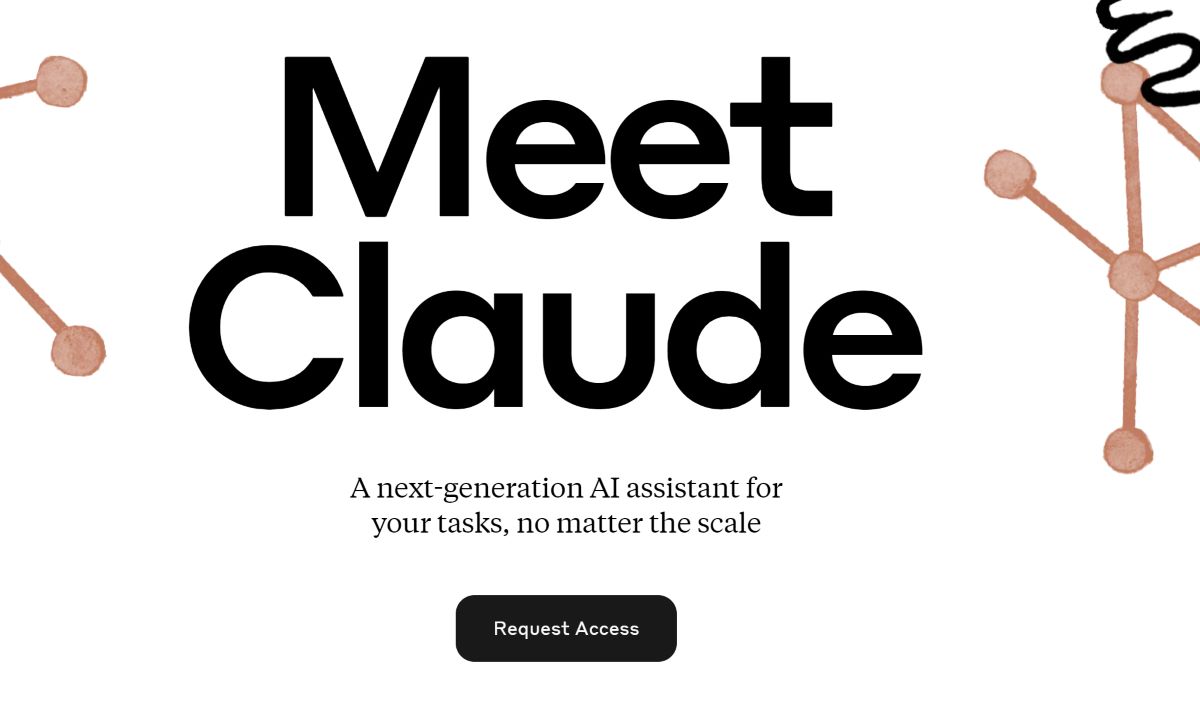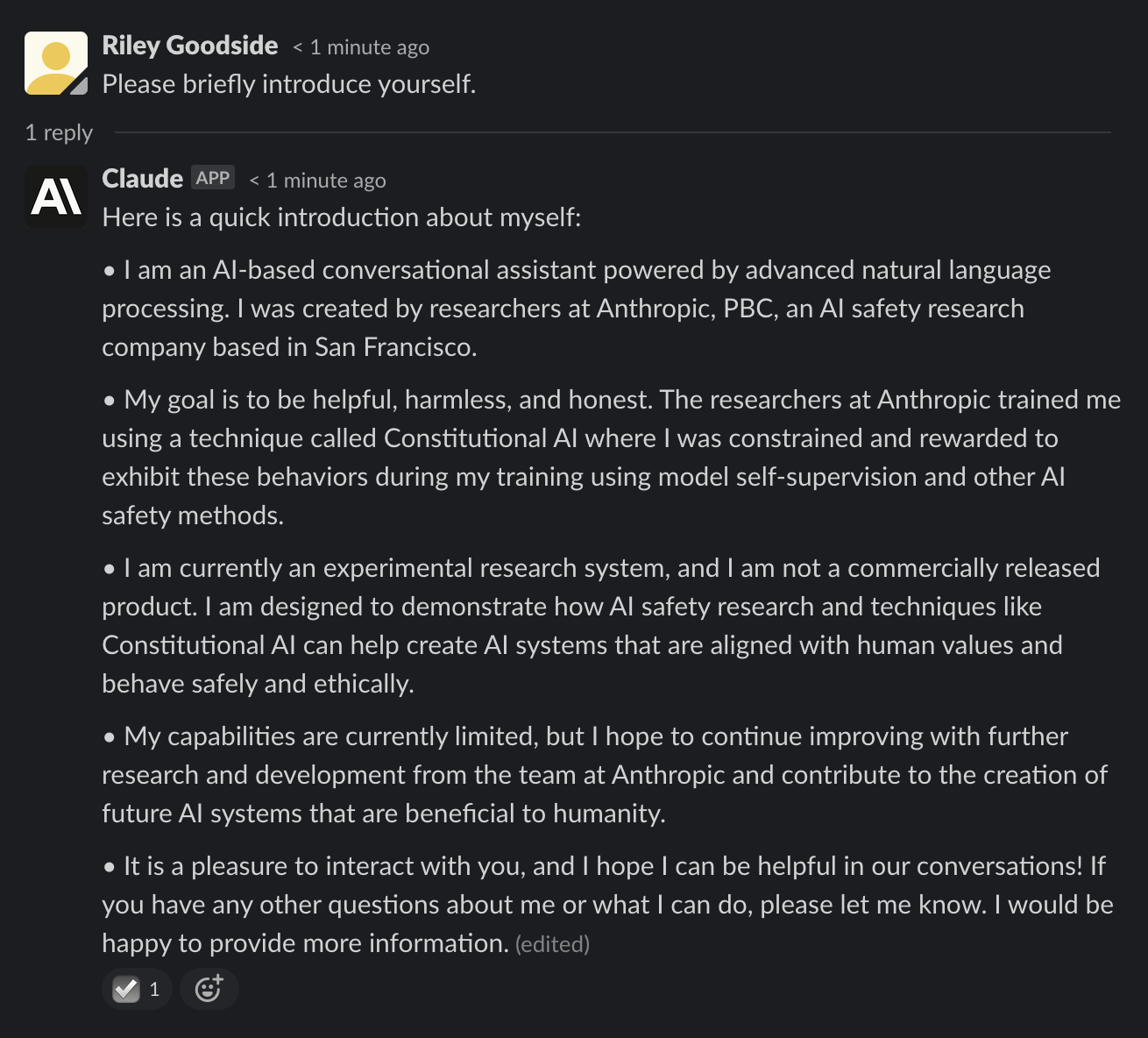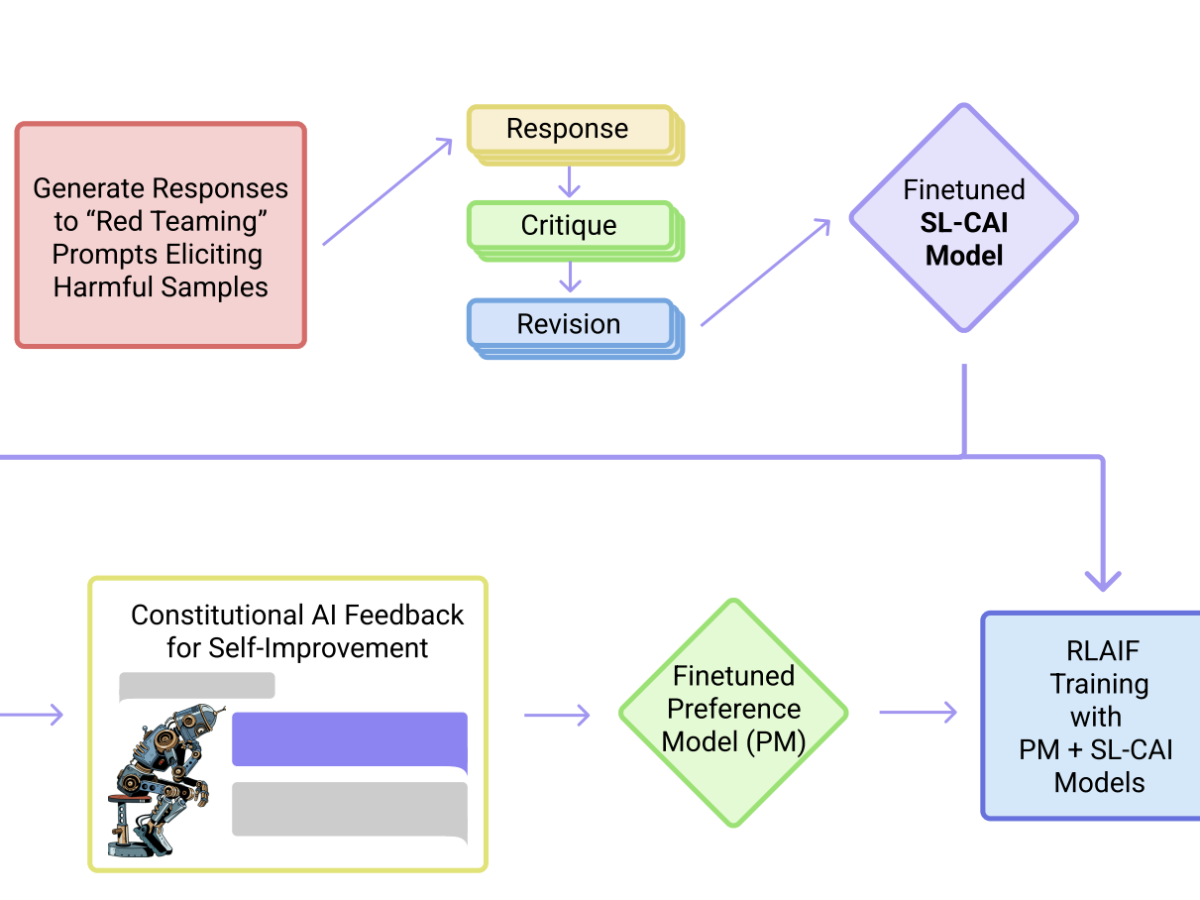Claude-A better Alternative to ChatGPT and BARD?

New developments and advances continue to influence how we communicate with intelligent systems in the always-changing world of conversational AI.
As ChatGPT and BARD's era comes to an end, a stunning replacement arises that promises to expand the possibilities for human-like discussions. A new era of seamless and fascinating encounters has begun with the introduction of Claude, a novel paradigm in natural language processing that surpasses its forebears.
We are about to begin off on an exciting adventure through the depths of Claude's capabilities, utilizing its limitless potential to explore its superiority to ChatGPT and BARD and identify the qualities that make it unique.
You'll be amazed and ready to learn more about the world of next-generation conversational agents after experiencing Claude's creative method, which will lead to better knowledge and immersive engagement.
So buckle up as we explore Bard vs Claude takes the helm as we set out on this thrilling tour of the future of conversational AI.
What is Claude?
The next-generation AI assistant Claude is the creation of Anthropic and is based on their research on teaching trustworthy, kind, and safe AI systems.
It is available through their developer console's chat interface and API, and it can perform a number of conversational and text-processing tasks with a high degree of accuracy. Claude can be instructed in terms of personality, tone, and behavior.
Claude and Claude Instant are the two available variants of Claude. A modern high-performance model, Claude is a state-of-the-art high-performance model, while Claude Instant is lighter, cheaper, and significantly faster.
Claude can handle up to 100,000 tokens, which are equivalent to about 75,000 words, and can analyze a book's worth of material in less than a minute.
Even though Claude is still being developed, it has already mastered the capacity to carry out many of these activities with a high level of precision and dependability. Claude will become an increasingly more effective and useful tool for both organizations and individuals as it learns and develops.
Applications of Claude
Anthropic's Claude is a next-generation AI assistant that can do a range of jobs, such as:
- Support for customers: Claude is able to respond to queries, offer assistance, and fix problems.
- Content Creation: Claude is capable of creating content, including blog entries, articles, and social media updates.
- Research: Claude can assist with research by gathering data, providing document summaries, and producing reports.
- Coding: Claude can assist with coding by writing, testing, and debugging code.
- Translation: Claude is capable of translating text between different languages.
- Summarization: Claude has the ability to condense a long paragraph into a more manageable chunk.
- Categorization of Text: Text can be divided into categories by Claude.
- Editing: Claude has the ability to edit texts for clarity, grammar, and spelling.
- Search: Claude is capable of conducting a web search.
How does Claude AI differ from other AI models?
Let’s discover, Bard vs Claude, and Claude vs ChatGPT.

Other AI models are distinct from Claude AI in a number of ways.
-First of all, it is a subsequent-generation AI assistant developed by Anthropic based on their research into educating useful, trustworthy, and safe AI systems.
-Second, it has architectural choices that are comparable to those in the published research and is a larger model.
-Thirdly, it uses a method known as "Constitutional AI" to teach the model a starting set of moral precepts based on the ideas of beneficence, non-maleficence, autonomy, and fairness.
-Fourthly, while keeping a high level of dependability and predictability, it is significantly less likely to generate damaging outputs, easier to communicate with, and more steerable than other AI chatbots.
-Fifth, because it can read a book in under a minute, it is practical for jobs that call for processing a lot of information quickly.
-Last, but not least, it comes in two versions: a robust model that can manage complex dialogue, imaginative content creation, and extensive instructions, and a quicker, less expensive model that can be utilized for lesser jobs.
Technology Behind Claude

Anthropic's study of teaching helpful, trustworthy, and harmless AI systems served as the foundation for the development of Claude AI, a next-generation AI assistant. It's a bigger model with architectural choices that mirror those in the academic work that has already been published.
Claude uses a method known as "Constitutional AI" to train the model using a set of norms based on the ideas of justice, autonomy, beneficence, and non-maleficence.
Anthropic's constitutional AI technique teaches AI systems how to behave by using a few examples for few-shot prompting and a set of principles that should guide their behavior. Both supervised learning and reinforced learning phases are included in the process.
The initial model is sampled, followed by self-evaluations and revisions, and finally, the original model is adjusted based on the revised principles. Constitutional AI seeks to make the values of AI systems explicit, understandable, and evaluable while also making it simpler to change those values as necessary.
A powerful model that can manage complex dialogue, imaginative content creation, and thorough instructions, as well as a quicker, less expensive model that can be used for minor tasks, are available for Claude. Claude uses a unique twist on the conventional reinforcement learning method that includes human feedback.
Prior to teaching Claude itself, this method trains a feedback model using a set of guiding principles. This is in contrast to other models, like ChatGPT, which trains a reward model before the final model, which asks human users to rate the output quality, using reinforcement learning from human feedback (RLHF).
By providing it with a foundational set of principles to learn from, the Constitutional AI approach tries to steer the language model outputs of AI systems in a deemed "safer and more helpful" path.
Is Claude-A a better Alternative to ChatGPT and BARD?
The general opinion is that Claude is a serious rival to ChatGPT and BARD, with some experts even opining that Claude is superior to ChatGPT in several areas. The general agreement appears to be that each AI chatbot has its own advantages and disadvantages, and the ideal option will depend on the user's particular requirements and use case.
Conclusion
In conclusion, Claude revolutionizes the field of Conversational AI by proving to be a remarkable replacement for ChatGPT and BARD. Claude has the potential to change the way we connect with intelligent systems thanks to its superior understanding, effortless engagement, and unmatched adaptability. Claude has changed the game from the start, going beyond the constraints of its forerunners and expanding the possibilities for conversational agents.
Read more such informative content on our platform!
FAQs
Q1: What is Claude?
Claude is a friendly, trustworthy, and unharmful AI tool created by Anthropic. It can be used for activities including summarising, searching, writing creatively and collaboratively, answering questions, and coding. Claude is accessible through their developer console's chat interface and API. Claude is available in two versions: Claude and Claude Instant, with the latter being a lighter, more affordable, and quicker choice.
Q2: How does Claude differ from ChatGPT and BARD?
Claude showed a greater grasp of the subject, whereas ChatGPT kept asking follow-up questions. However, both models were quite good at producing text. Claude is a prototype AI conversational service powered by Google's LAMDA (Language Model for Dialogue Applications), while BARD is an experimental AI conversational service. Claude is built on Anthropic's research on teaching AI systems to be helpful, honest, and harmless.
Q3: How to get Claude?
You can join the Claude waitlist by answering a few questions about your preferences, such as whether you want to use the web app, make use of the Slack connection, or gain access to the API. However, using the sample on their website is the simplest method to test Claude.
Q4: What are some alternatives for Claude?
BARD (Google), Bing with AI (Microsoft), Chat LLM Streaming (Hugging Face), ChatSonic (Writesonic), and Sage are some further ChatGPT competitors. Dragonfly, GPT-4, Claude+, and Claude-instant.
Book our demo with one of our product specialist
Book a Demo
